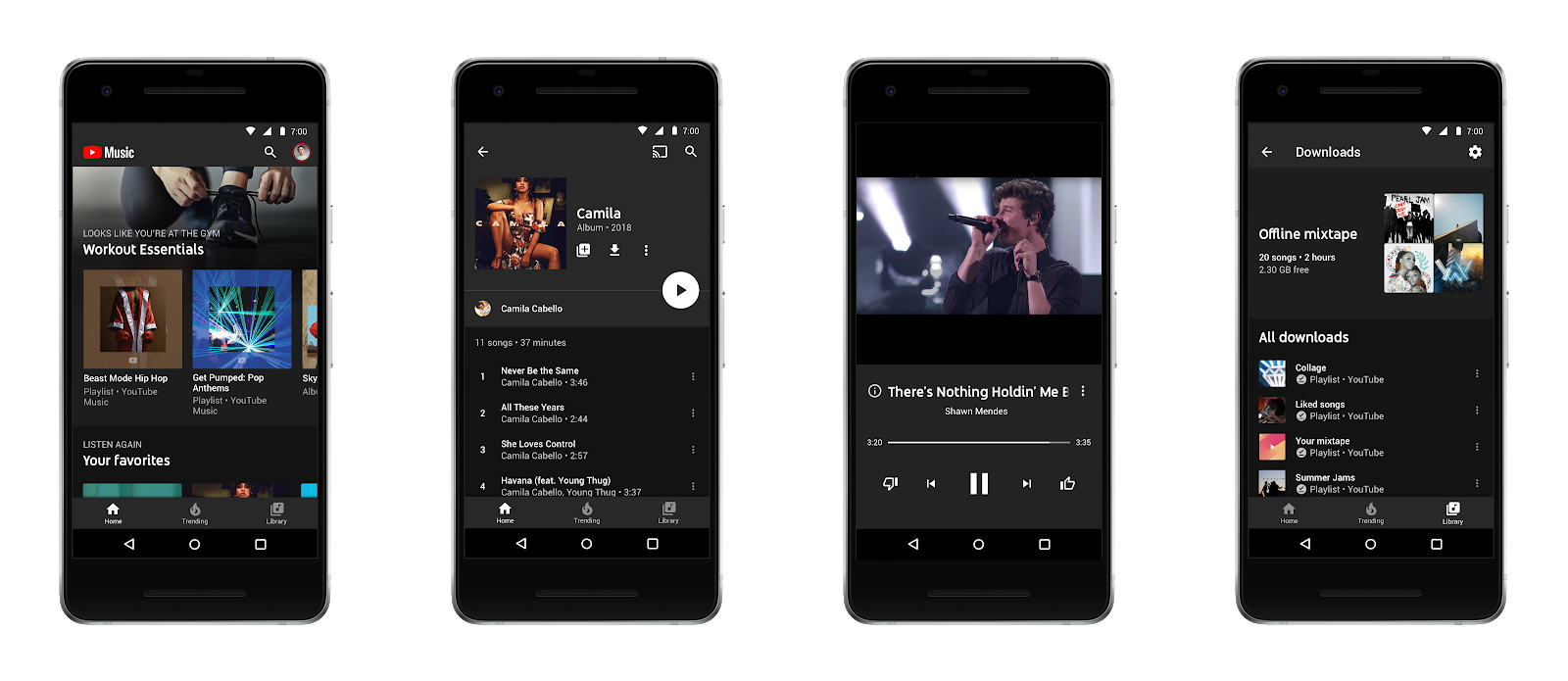Right or wrong, Edward Snowden has become the poster child for online privacy. He has been adamant that anyone interested in true online security should stay away from the name brand online services : Dropbox, Facebook, Google, etc.
Trust No One Security
Before we talk about SpiderOak, this is a good time to write about TNO (Trust No One Security model). This is a philosophy that dictates that anytime security is needed, strong encryption must be applied and the keys to that encryption must be kept in the hands of the user.
As an example, anytime you conduct online transactions with your bank, you connection is encrypted using end-to-end encryption (TLS) but the keys are held by the bank and created by a certificate authority. Either of those 2 can therefore intercept and decrypt the traffic if they have malicious intent.
In the TNO model, the provider does not hold the keys to the kingdom and cannot therefore decrypt or access the data in its native format.
Anytime a provider has the capability of resetting your password, it means it is NOT TNO and it means the provider can access your data. If they can access your data, that means a hacker may also be able to compromise their systems and access your data.
What is SpiderOak?
Unless you are a techie or a security person, you probably haven't heard about SpiderOak. Short of rolling your own cloud service, SpiderOak is the most secure commercially available TNO cloud service around.
The key to the magical security they provide is that your client encrypts all of the data on your computer before being sent through the security hostile internet to SpiderOak. They cannot see the content and if you love you password (aka encryption key), you have to create a new account and restart from scratch.
So you get Dropbox, Google Drive and Microsoft OneDrive like features, without having to trust the provider.
Why is TNO important?
Governments are becoming very hostile towards individual privacy. The Snowden leaks have shown that the secret FISA courts allow law enforcement to compel the turnover of user data without having the ability to notify them. With most cloud storage companies, this means they (or a hacker) can gain access to your data and then do with it whatever they want.
With SpiderOak's encryption model, they can turn over your encrypted data but they do not hold the decryption keys. The encryption is strong enough to make forced automated decryption unpractical. This means they would have to secure a court order and force you to hand over the decryption keys.
If a hacker does compromise the SpiderOak servers, the data is once again encrypted and therefore unusable by these bad actors.
It also means they are not and cannot use your data to profile you.
SpiderOak features
So you are convinced they offer the kind of security you want. What about features you say.
First and foremost, they offer automatic (on change) backups. This is a set and forget model that works in the background. There is no file size limit. There is no file type restrictions. No bandwidth control or throttling on their end (some providers slow down your connection if you try backing up large amounts of files to protect the responsiveness of their service for their entire user population).
It can backup mapped (external USB connected) drives.
Any issues with SpiderOak?
Files are encrypted on your device and SpiderOak cannot access them unencrypted so they are unable to offer offline file delivery (sending you a hard drive with your files).
Anytime my computer is disconnected for a while, Backblaze sends me alerts notifying me it hasn't been able to backup my files in XX days. SpiderOak has no such notification mechanism. They could implement this even with the TNO model.
During my testing, I simulated an unreliable WIFI connection to see how the client would react and eventually it hung. Even when the connection became stable and on for 8+ hours, the client stopped backing up. Rebooting didn't help. I was forced to uninstall the client, reinstall it and create a completely new backup set. This was a bit annoying. The doubly annoying issue was that support is only available through email. Support seems to be available during standard north american business hours and usually response takes 5-8 hours.
Another issue is that although they offer mobile clients (IOS and Android), those clients are read-only (aka you can't upload content). SpiderOak did say they are working to add this functionality but they didn't provide any timeline. "Currently, you are unable to upload documents using the Mobile Application. We are working on including this feature in a future release." (mobile info)
There is no way to identify a connection as "metered" and tell it not to backup using that connection (like a pay per use WIFI LTE hotspot).







